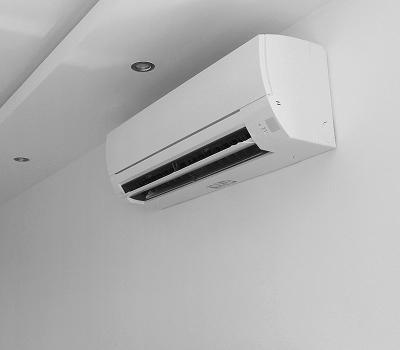How to Perform PV Inverter Testing
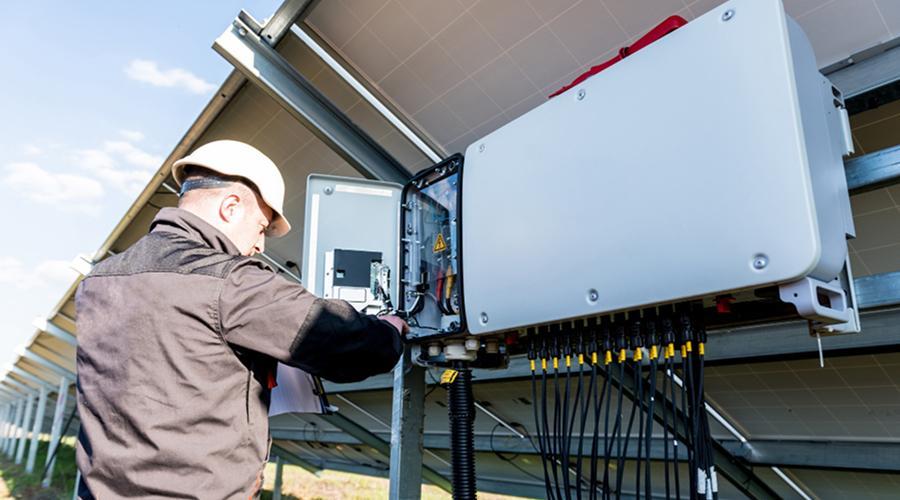
A PV inverter is a state-of-the-art machine that converts the electricity from a solar panel (DC) into useful household electricity (AC). Today, this machine plays a crucial role in homes, offices, and solar farms to maintain a consistent supply of electricity. Holding a significant presence in various industries, PV inverters run lights, fans, and other machines using solar energy.
If you manufacture PV inverters, you may already know that they can handle different power levels depending on the size of the system. When making a PV inverter, you must check that it is strong, works well, and lasts a long time. This guide helps you understand the essence of PV inverter testing, its types, and how to perform PV inverter testing. Let’s get started!
What is PV Inverter Testing?
Photovoltaic (PV) inverter or solar inverter testing involves checking whether a solar inverter operates safely and properly. A trained team of testers performs several tests to ensure that the inverter can convert solar energy (DC) into useful household energy (AC). The experts carefully inspect the product to detect any issues or hidden problems.
In the battery testing lab, experts check how much power the inverter can handle and how well it works in different weather conditions. PV inverter testing aims to create better quality products with fewer failures. Manufacturers can increase their confidence to sell their products in the market.
How to Perform PV Inverter Testing?
A team of experts checks the PV inverter in a lab to make sure it works properly. They check the inverter for better performance. First, testers connect the inverter to a test setup with a solar panel or DC power source. They check the input voltage and current conditions from the solar source. When doing a battery test, it is also important to see if the inverter matches the level required for homes or buildings. This helps to know how much power the inverter can convert and see the overall efficiency of the machine.
Solar panel testing experts perform environmental testing, mechanical testing and safety testing to see its overall reliability. They check your product in different conditions like heat, cold, heavy use, and shade to see how well it works. After comprehensively evaluating the product, experts look at how well the machine can function under different conditions. Unique safety features, such as automatic shutoff, fault alarms, and overvoltage protection, are tested in a safety test.
Once these evaluation methods are performed, the team records all the test results and compares them to safety and quality standards. This thorough testing method ensures that the inverter is robust, safe, and ready for use.
Types of PV Inverter Testing
There are several types of PV inverter testing for manufacturing PV inverters. Each type of testing has its own unique goal and targets a unique aspect of the battery. Manufacturers connect with PV inverter testing services to test their PV inverters with expert advice. Let's talk about the types of PV inverter testing that we have:
Performance Testing
Performance testing checks how well the inverter converts DC to AC power. There are many instruments, such as multimeters, power analysers, and load testers, that are used for this accurate testing. This evaluation method allows users to check the speed, stability, and power output of the inverter.
Manufacturers can quickly find defects and improve their products for better quality. A team of experts checks whether the machine is working properly in real conditions. Performance testing helps to know how well the inverter converts solar energy (DC) into usable household electricity (AC). Manufacturers can find mistakes in their devices and improve the product to make it more accurate and reliable.
Efficiency Testing
To build a better-quality PV inverter, it’s important to test it properly for efficiency testing. A team of testers checks the inverter to see how well it changes solar energy into usable power without any waste. They use power analysers, multimeters, and other devices to measure the input and output of the product. This lets them know how well the product works. Energy Efficiency testing helps manufacturers know if their product is consuming less power and not leading to higher electricity bills.
Safety Testing
Safety testing is another type of PV inverter testing method. It is used to check whether the device operates safely during a malfunction, such as over-voltage, overheating or short circuit. A team of trained testers use tools such as multimeters, insulation testers, and safety analysers.
Experts perform these tests in laboratory conditions to ensure that the inverter shuts down when needed. Their support ensures that your product protects users, prevents damage, and complies with safety regulations. It ensures that you create a product that builds trust and reduces the risk of accidents. Safety testing helps users ensure that the inverter will shut down in the event of a fault, overload, or short circuit.
Environmental Testing
Environmental testing of a PV inverter is a dedicated exercise to check how the inverter performs in heat, cold, dust, rain or humidity. Equipment such as climate chambers and dust testers is used. The machine is placed in real environmental conditions before it is introduced in the market. This helps find any faults or issues in the product.
By subjecting the product to various environmental tests, you can check its overall response and performance in low and high conditions. Environmental testing ensures that the inverter is robust, safe and reliable under various outdoor conditions for long-term use. It tells how the inverter works in different temperatures, dust or humidity.
Bottom Line
Photovoltaic (PV) inverter testing is one of the essential methods for manufacturing reliable and high-performance PV inverters. If you manufacture batteries and inverters in bulk and want to maintain the quality and reliability, then PV testing is mandatory to follow before launching your product. Photovoltaic (PV) inverter testing helps you ensure that your product is compliant with the latest rules and regulations, including both local and global standards. Manufacturers resort to PV inverter testing services to find the defects and malfunctions in their inverters.
Categories
Related Blogs

BIS Certification for Electric Noodle Makers IS 302 (Part 1): 2024
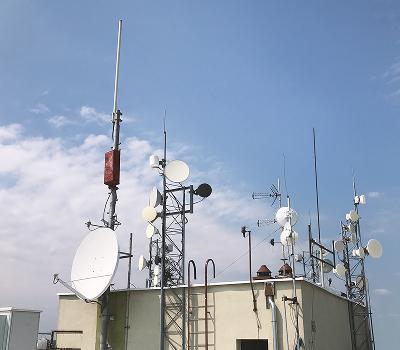
Telecommunications Equipment Testing Solutions
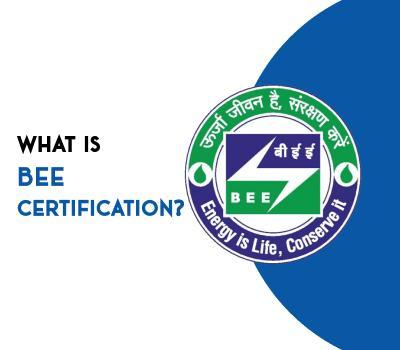
What is BEE Certification?
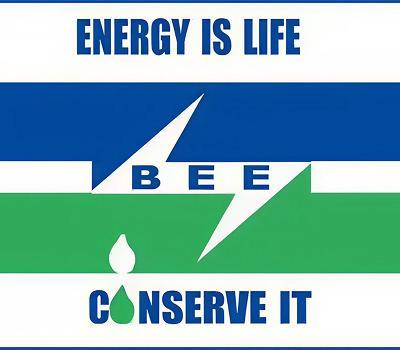
BEE Testing in India: Ensuring Energy Efficiency and Compliance
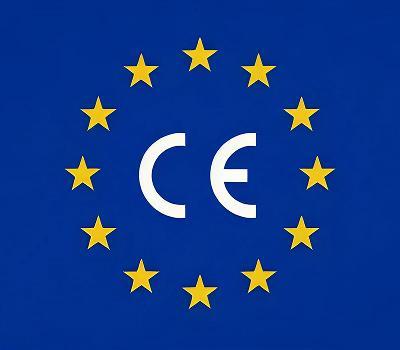
All You Need To Know About CE Certification
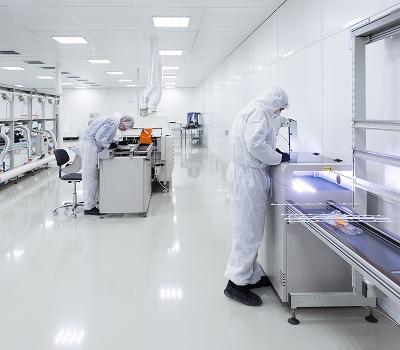
Trusted and Best NABL Accredited Test Lab in Delhi NCR
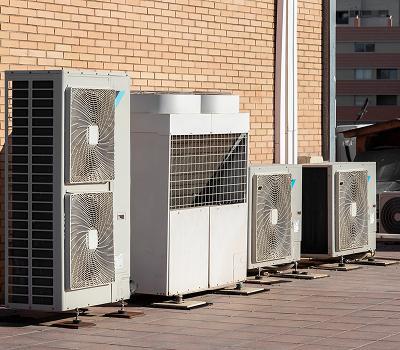
BIS Certification for Ducted and Package Air Conditioners IS 8148:2018
_2019.jpg)
Safety Glass For Road Transport IS 2553 (Part 2):2019
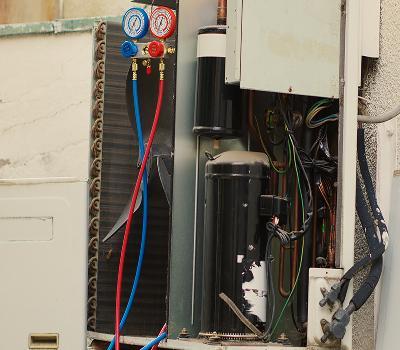
BIS Certification for Hermetic compressor IS 10617:2018
